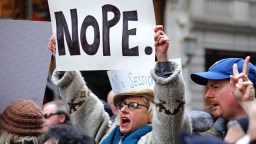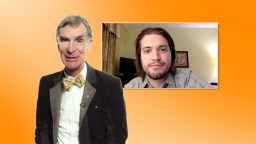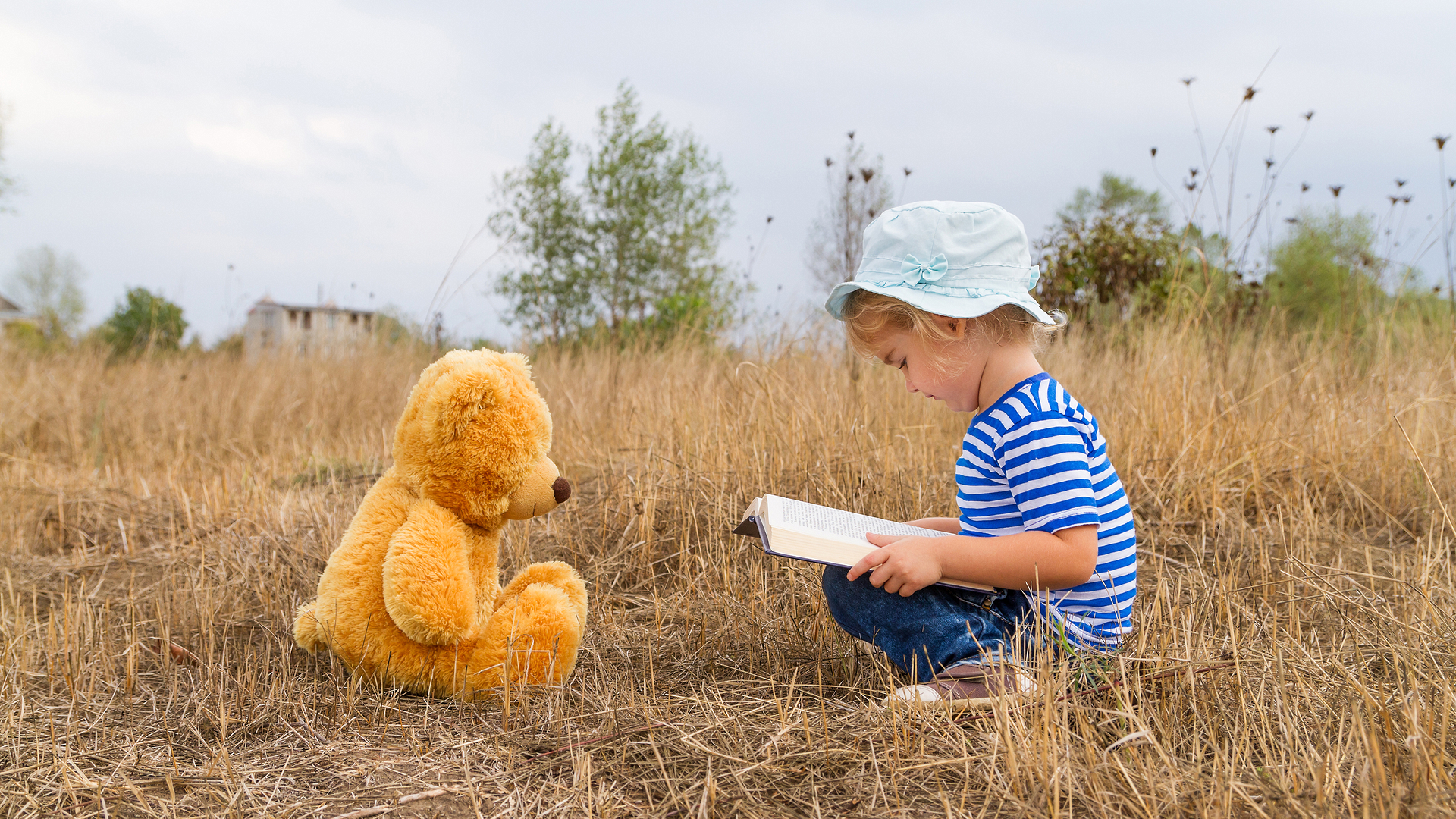politics
A “forbidden research” conference at MIT tackles areas of science constrained by ethical, cultural and institutional restrictions.
Elon Musk, Sam Harris, Ray Kurzweil and other visionaries discuss AI superintelligence at a recent conference.
While Kellyanne Conway spoke of a nonexistent massacre, there was a real, historical massacre that took place at Bowling Green – in New York City.
Caught between a rock and a hard place, the EU had better get ready for some of these exit-names
Dr. Larry Brilliant played a key role in eradicating smallpox from the world – so what are the biggest dangers humanity faces now? Brilliant rates politics as on-par with infectious disease.
▸
5 min
—
with
The first week of Donald Trump’s Presidency features a flurry of activity and a flurry of warnings, like the resetting of the Doomsday Clock.
The feud between some of the Rockefellers and ExxonMobil has intensified.
Politics is a noble, brave world, says Bernard-Henri Lévy – but that’s not what we have here. rn
▸
6 min
—
with
A global risk report by the World Economic Forum lists populism and social division among the top five trends that will determine global markets in 2017 and beyond.
New research reveals that people find those who use profanity more honest and trustworthy.
A new nonprofit organization aims to elect more scientists to the U.S government.
The environmental legacy of this generally disgraced President is second to none.
With President Trump appointing officials who want to abolish the departments they hope to lead, one might ask, “What is the rationale for this?”. Milton Friedman offers us an answer.
The United States of America is as divided now as it has ever been. Why is this? One author suggests that it is because we have never been one united nation, but 11 differing ones. Founded for different reasons and striving towards conflicting goals, can they ever learn to get along again?
The ranking of empathy from highest to lowest goes liberals, conservatives, libertarians. But the difference is minor, says Paul Bloom. Typically the debate isn’t all over whether or not to empathize – it’s over who to empathize with.
▸
5 min
—
with
When the rest of the world chooses nationalism, Iceland chooses radical change.
Before we had the right to vote, we had the right to protest, says journalist Wesley Lowery.
▸
6 min
—
with
Democracy needs a new PR team. Polls about the way US millennials view democracy seem shocking, but analyzing their reasoning brings about an unsettling truth.
In between time checks on the Doomsday Clock, Stephen Hawking is here to remind us we are living in dangerous times.
Climate change is a topic that’s politically charged rather than scientifically charged. Bill Nye offers tips for how those on the side of science can begin to have meaningful conversations with skeptics.
▸
7 min
—
with
Slavoj Žižek examines the situation out of which refugees are created, and criticizes conservatives and liberals alike for their “conspiracy theories”.
▸
23 min
—
with
As the US prepares for a change in power, Professor Sanford Levinson says dialogue that was formerly bound to people’s inner monologue has been “liberated” into the public space.
Slovenian philosopher Slavoj Žižek thinks the U.S. political machinery is truly broken. He guides a verbal tour through the failure of manufactured consent, the appeal of human baseness, and politics as a real struggle of life and death.
▸
8 min
—
with
Has the oldest problem in the book become taboo again? C. Nicole Mason expresses concern over a nation-wide moral failure that is leaving the U.S.’s most vulnerable to struggle in silence.
▸
4 min
—
with
Recent research in psychology reveals insights into how the stories we are exposed to affect our identities and ideas. What implications does this hold for the influence of the news and the ethics of journalism?
























